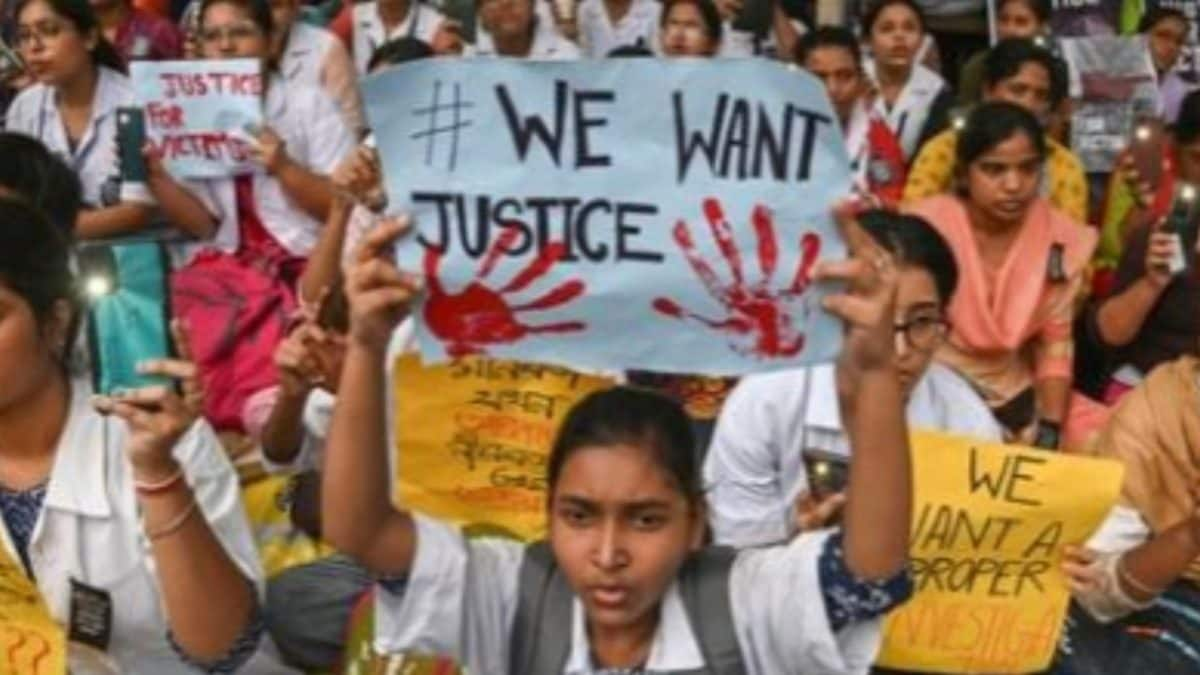India continues to grapple with the pervasive issue of violence against women, despite the government’s efforts to strengthen laws and implement stricter punishments. While the government has taken steps to address this crisis, challenges remain in effectively enforcing existing laws and fostering a societal shift that prioritizes the safety and dignity of women.
The Government’s Stance: A Strict Approach
Rajnath Singh, India’s Defence Minister, has reiterated the government’s unwavering commitment to ensuring the safety of women. He emphasizes the government’s strict approach to crimes against women, citing the amendment to the law allowing for capital punishment for rape as a demonstration of their resolve. The government has indeed implemented measures like stricter punishments and strengthened legal frameworks in an attempt to deter and punish perpetrators of violence against women. However, these legal reforms are merely a part of the solution.
Implementing Strictness: The Role of State Governments
The Defence Minister, however, acknowledges that a significant gap exists between the government’s intention and the implementation of these policies on the ground. He points to the lack of sincere efforts from certain states, which undermines the effectiveness of the government’s stringent approach. This highlights a critical issue – ensuring the consistent and effective implementation of laws requires a collaborative effort from all levels of governance, including state governments.
The Need for Coordinated Action
Implementing stringent legal measures effectively requires a holistic strategy that encompasses:
- Effective law enforcement: State governments play a crucial role in ensuring that law enforcement agencies are equipped with adequate resources and training to effectively investigate, apprehend, and prosecute perpetrators.
- Improved infrastructure: Building robust judicial systems and providing accessible and efficient mechanisms for reporting and addressing violence against women is essential.
- Public awareness campaigns: Educating society about gender equality, challenging harmful societal norms, and promoting respectful behavior towards women are vital components of creating a safer environment.
A Deep-Rooted Problem: Beyond Legal Reforms
The recent horrific incident in Kolkata, which involved the rape and murder of a trainee doctor, serves as a stark reminder of the deep-rooted problem of violence against women in India. The incident sparked widespread protests and outrage, reflecting the collective pain and frustration felt by the nation. This event underscores the reality that the issue extends beyond legal frameworks; it’s deeply embedded within societal attitudes and practices.
The Importance of Cultural Transformation
While legal reform can deter and punish perpetrators, it cannot address the underlying social and cultural factors that contribute to violence against women. Achieving a sustainable solution requires a multi-pronged approach, including:
- Promoting gender equality: Fostering a society that respects women as equal partners, empowering them with education and economic opportunities, and breaking down traditional gender roles are crucial for fostering a safe and just society.
- Addressing misogyny and patriarchal attitudes: Addressing deeply ingrained misogynistic beliefs and promoting a culture of respect for women requires long-term societal intervention through educational programs, public awareness campaigns, and collaborative efforts from individuals, families, and communities.
- Encouraging open dialogue: Creating platforms for open and respectful dialogue about gender-based violence, addressing victim-blaming, and promoting empathetic understanding can help shift societal attitudes and challenge harmful norms.
Takeaways: A Call for Action
The government’s commitment to combatting violence against women is crucial, but a sustained and holistic approach is essential. This requires not only stringent legal frameworks and punishment but also proactive measures to change societal attitudes, ensure effective implementation of existing laws, and empower women to live in a safe and just society. It calls for collective action from governments, communities, families, and individuals to address the underlying issues that perpetuate violence against women, ultimately ensuring a future where women can live with safety, dignity, and equality.




